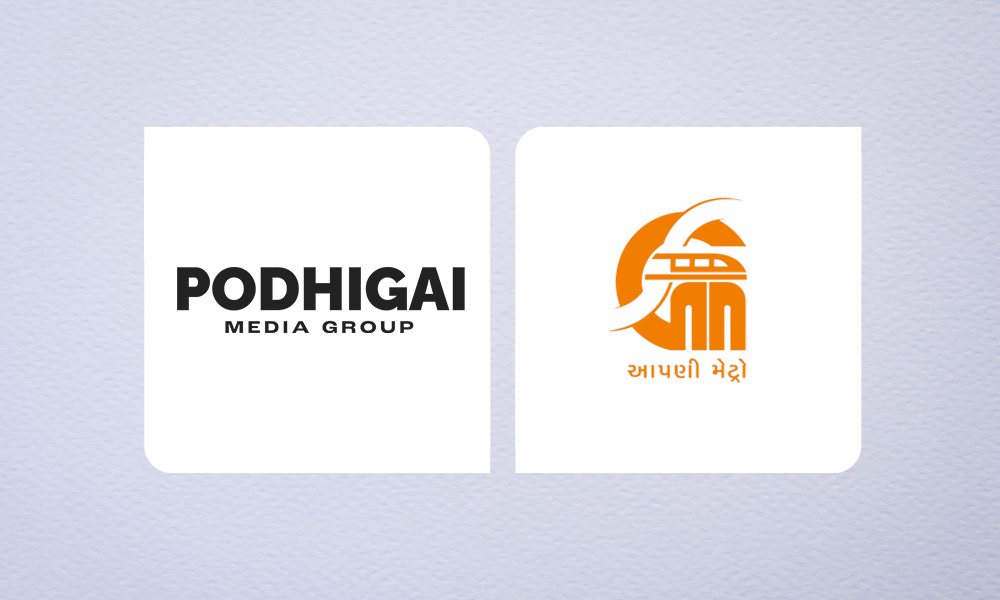
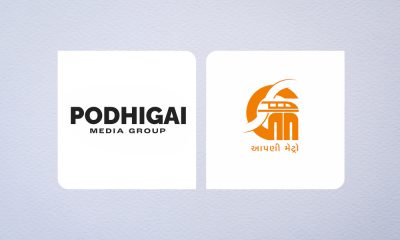
The city’s metro system spans 55 stations covering about 68 kilometres in total.
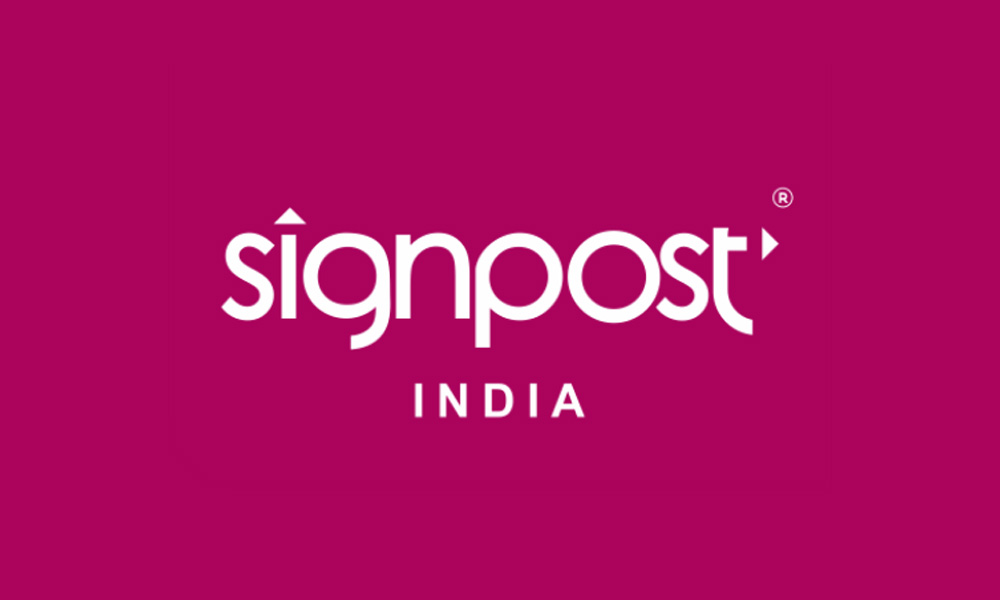

Total projected revenue to the Authority, including State GST, is expected to exceed ₹250 crore over the duration of the contract.
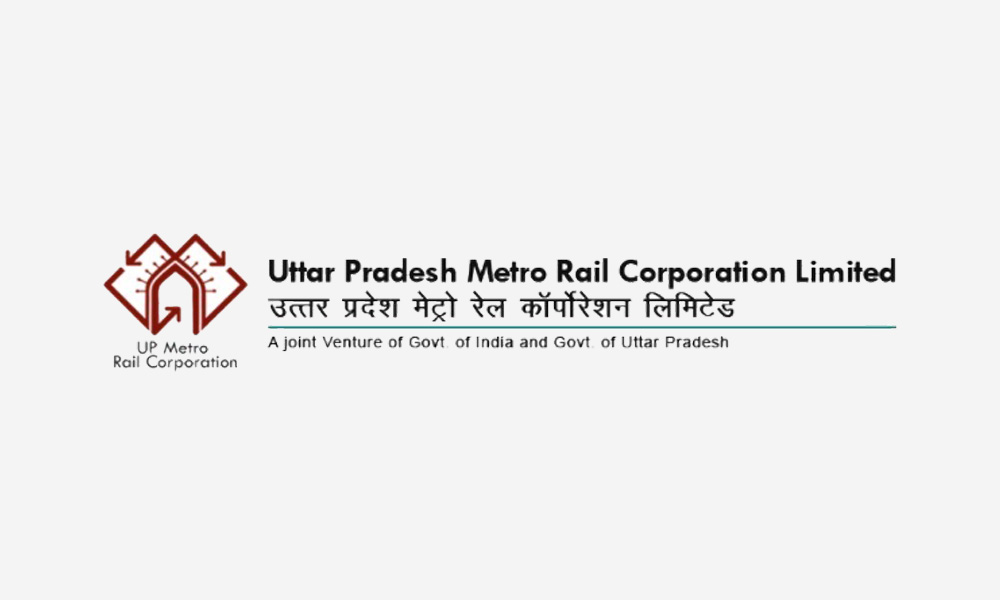

The tender covers co-branding and inside advertising opportunities across Corridor-1 of the Kanpur Metro network.


Creativity has often a contentious area in OOH- a long standing lament being the absence of a creative approach exclusively for OOH. And now when it...
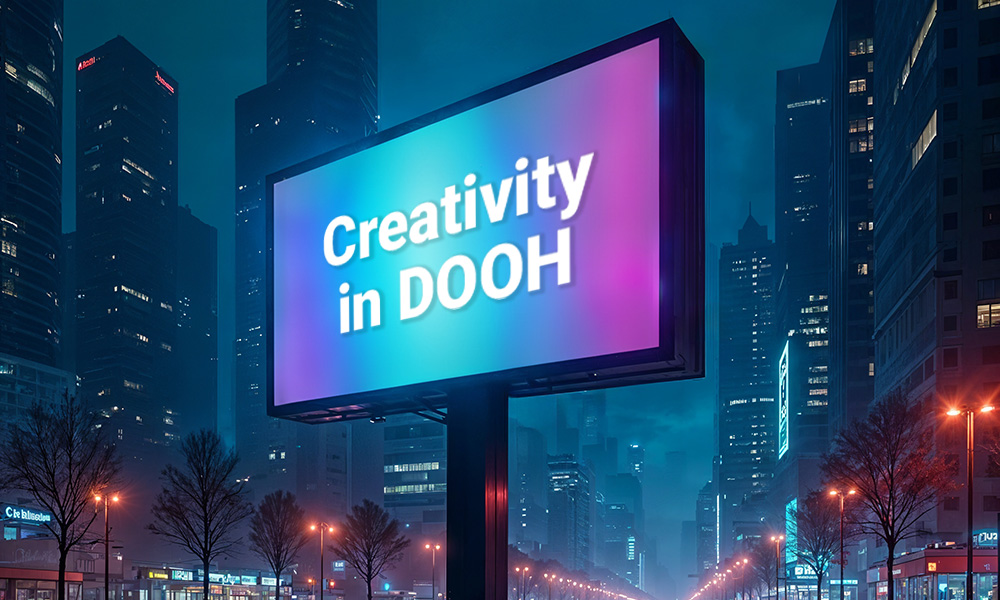

As Digital Out-of-Home scales across smarter infrastructure and data-driven ecosystems, media leaders highlight how technology, content design and contextual intelligence are shaping the medium’s next creative...


As DOOH evolves into a context-driven, intelligence-led medium, media owners explore how design thinking, cultural relevance and spatial integration are redefining creative impact.
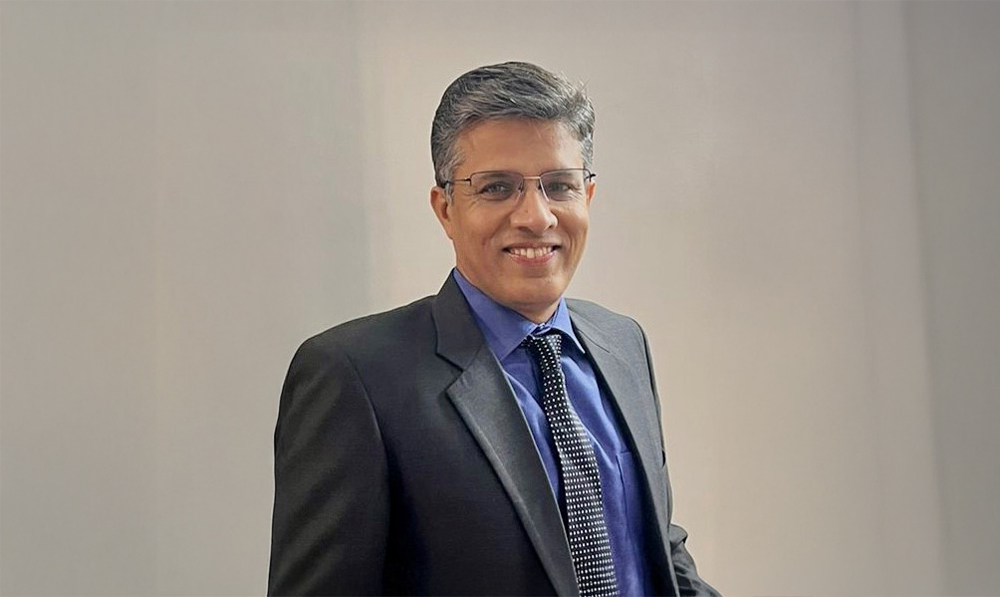

Aman Nanda, CSO & Head of Marketing, Times OOH, pens down his thoughts on OOH, exploring how a digital-blackout break revealed the profound "waiting economy" and...
The new solutions – Indoor Transparent LED offers ultra-high brightness for shopfronts, while the lightweight RTS Series delivers flexible, right-angle display solutions for large-scale installations.
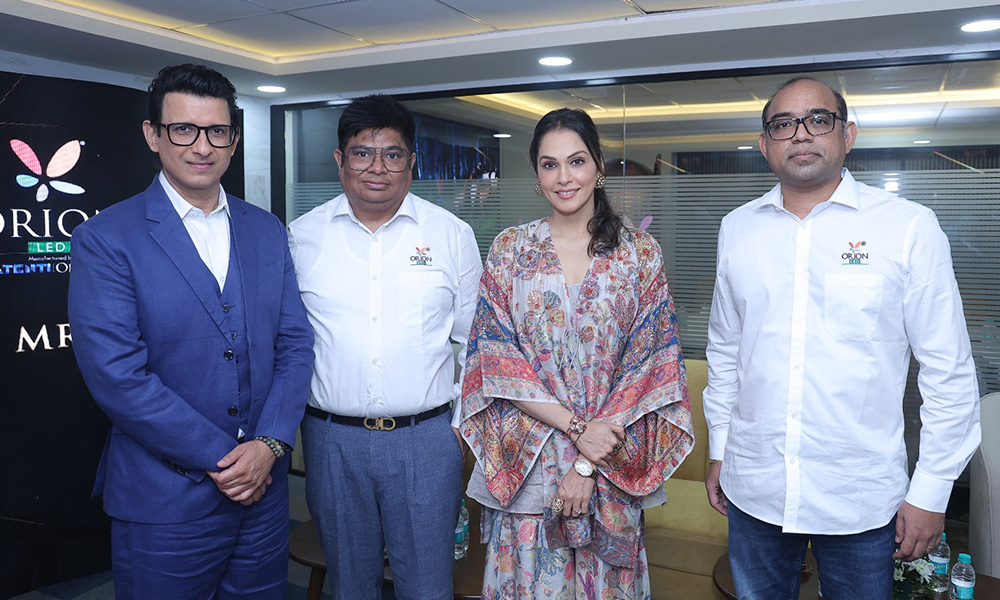

The Mumbai Experience Centre has been designed as an immersive, hands-on space where customers, partners, consultants, and industry professionals can experience Orion LED’s advanced display technologies...
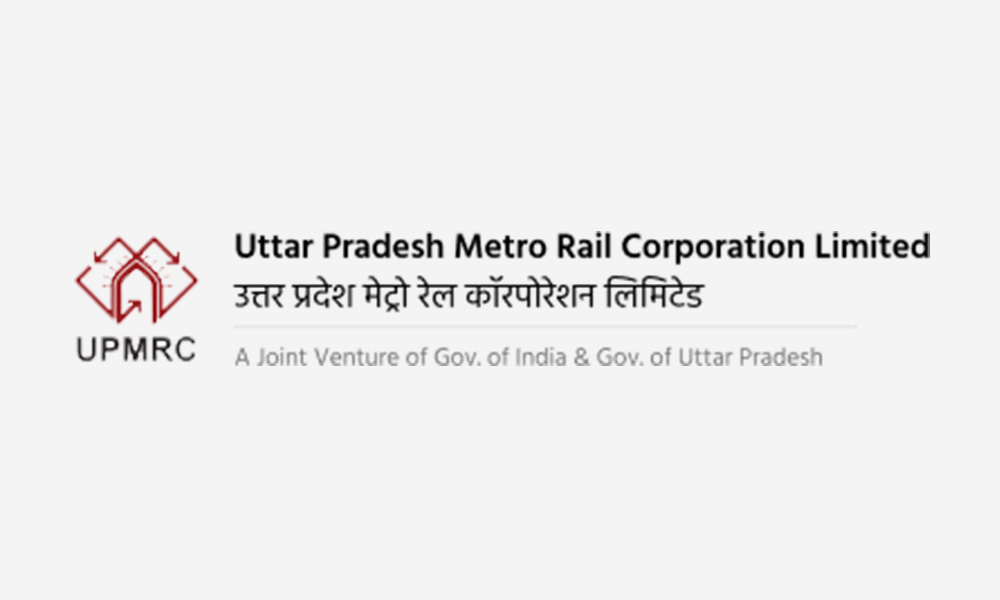

UPMRC invites bids offering advertisers a strategic opportunity to integrate brand identity within high-visibility transit infrastructure